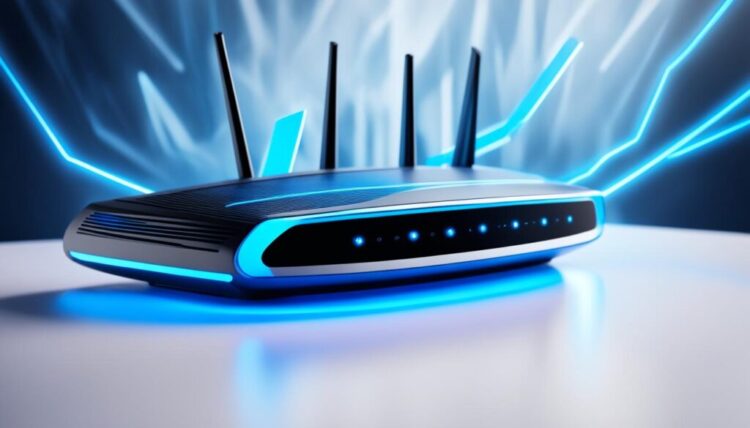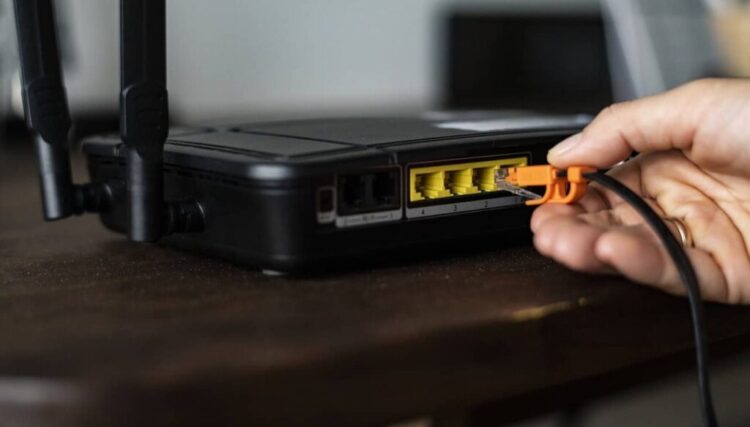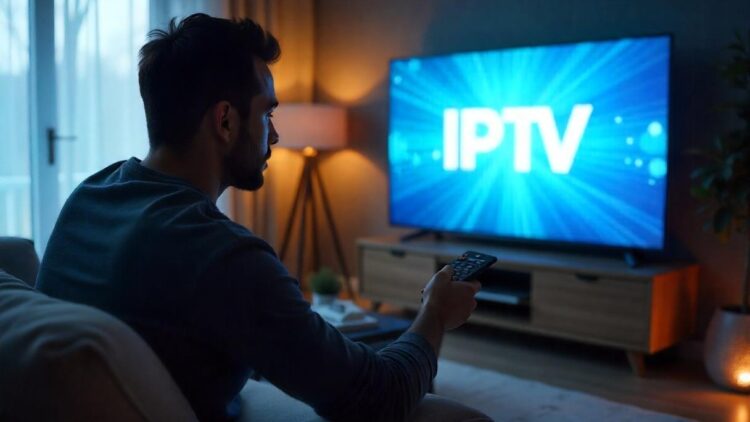Achieving perfect IPTV streaming without interruptions is not a complicated process if you know where to start. I have spent enough time troubleshooting IPTV-related issues to understand the factors that influence smooth viewing. Some adjustments can transform your experience into a seamless and enjoyable one, making sure there are no buffering breaks or loading delays.
Key Points:
- Stable internet connection matters.
- Choosing the right IPTV service is critical.
- Use wired connections over wireless.
- Optimize your device for better performance.
- Regularly update the software and apps.
1. Reliable Internet Connection

Your internet connection directly affects the quality of IPTV performance. A slow or inconsistent connection results in buffering and quality drops. To avoid interruptions, ensure that your internet speed meets the requirements for high-definition streaming. As a general rule, I would recommend a minimum of 10 Mbps for standard content, but if you want to experience full HD or 4K, aim for at least 25 Mbps.
It is also essential to ensure that your bandwidth is not shared with many devices. When multiple users stream videos, download large files, or play online games, it could affect the stability of your IPTV.
2. Choosing the Right IPTV Service
I learned that picking the right IPTV provider makes a significant difference. Many people underestimate the impact of quality service, but not all IPTV providers offer reliable streams. After trying a few, I came across IPTV Sverige. I noticed a substantial improvement in my overall viewing experience. It offers thousands of channels and ensures smooth service, backed by excellent uptime guarantees. The quality is consistent, and I found it easy to set up on different devices.
3. Use Wired Connections Over Wireless

If you are relying on a Wi-Fi connection, there is a good chance it will affect your IPTV performance. Wi-Fi can fluctuate and experience interference, especially when multiple devices are connected. Instead, I always recommend using an Ethernet cable for wired internet. The speed and stability of a wired connection provide a more consistent IPTV experience. If running a cable is not possible, position your router closer to your streaming device to minimize any disruptions.
4. Optimize Your Device for Better Performance
The device you use to watch IPTV plays a huge role in how smooth your viewing experience is. Whether it is a smart TV, smartphone, or set-top box, ensuring that your device has enough processing power to handle the demands of IPTV is important. I often clear caches and unwanted apps to keep the system running smoothly. Regular device restarts also help avoid slowdowns.
Old devices can struggle to keep up with the demands of modern IPTV, so if you notice consistent lag or freezing, it may be time to upgrade your hardware.
5. Regularly Update Your Software and Apps
It is easy to overlook updates, but outdated software can cause glitches or incompatibilities with IPTV services. I make it a habit to check for updates regularly. Most apps or devices will notify you of pending updates, but you can manually check as well. Always keep both your IPTV app and device software up to date for optimal performance.
6. Check Your IPTV App Settings

Most IPTV apps come with adjustable settings for buffering. I tweak the buffer size in the app settings to a higher value. This provides a longer buffer period before it plays, which can reduce the chances of interruptions. However, avoid setting it too high, as that can cause long delays between channels.
7. VPN for Security and Speed
Sometimes, IPTV service quality may suffer due to location-based restrictions or throttling by your internet provider. I use a VPN to avoid those issues. It can provide added security while also bypassing restrictions, and in some cases, it can improve speed if your internet provider is throttling your IPTV traffic.
However, you must choose a high-speed VPN. Some VPNs may slow down your internet, which could negatively affect your IPTV experience.
8. Device-Specific Solutions
For those using smart TVs, particularly Android-based ones, ensuring that your apps and firmware are updated is crucial. I also ensure there is enough storage available on the TV, as low memory could slow down performance. If you use a dedicated IPTV box, make sure it supports the latest codecs to keep up with high-quality content.
For mobile devices, keeping background apps closed and clearing cached data regularly will prevent any potential slowdowns. You will notice a smoother experience once the system has fewer tasks to manage.
9. Streamlining for Best Performance

One of the simplest solutions I found to boost IPTV performance is keeping the system clean. Avoid opening multiple apps or tabs on your streaming device. Fewer background processes mean the device can focus all its resources on streaming without interruptions.
Conclusion
Achieving smooth IPTV without any interruptions depends on several factors. From a reliable internet connection to choosing the right IPTV service, every decision impacts how well IPTV works. I found that ensuring a stable internet, using the best service, optimizing my device, and updating regularly have made all the difference in my own viewing experience.








